Blended Bliss

The perfect smoothie can satisfy your sweet tooth without a lot of calories -- but with a bunch of nutrients. Looking for cool ideas to throw in your blender? There are plenty of options for you to try.
Avocados

They'll give your smoothie weight, thickness, and a silky texture. Yes, they're full of fat, but it's the "good" fat. The kind that's linked to good heart health and good cholesterol levels. They'll also help you feel full longer.
Beets
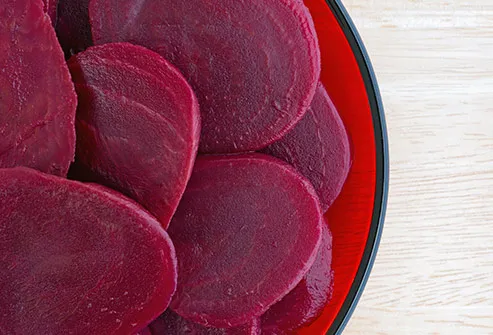
You can't -- ahem -- beat them, really. They have lots of fiber and will add sweetness and a beautiful red color to your smoothies. They're also good for your heart and your brain and are loaded with antioxidants. If red's not your color, you can use yellow beets instead.
Peanut Butter
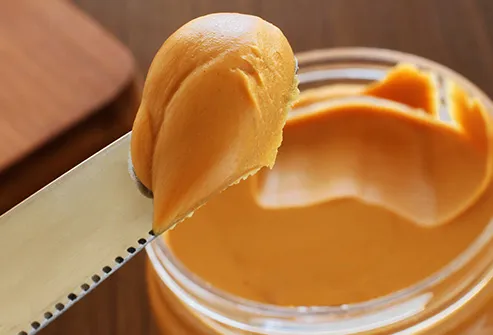
In a smoothie? Yeah, lots of people do it. It not only adds flavor, it also changes the texture -- especially if you use the "crunchy" kind. It has some fiber, and it's a great source of protein and potassium.
Coconut
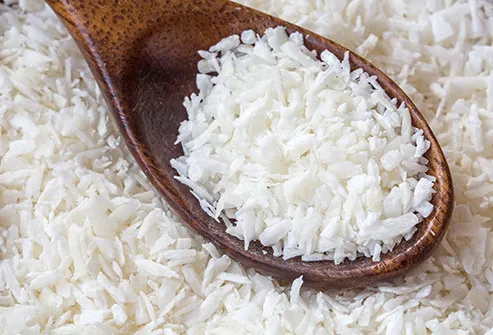
It's full of nutrients, like potassium and manganese, and will add body and texture to your smoothie. Any kind will do, but check out young Thai coconuts -- they're the ones used to make the "coconut water" sold as a natural, lower-sugar sports drink.
Kale

This king of the green leafy veggies is one of the most nutrient-dense foods you can eat, with only 33 calories per 2.5-ounce serving. And along with fruit or lemon juice, it's surprisingly good in a smoothie.
Flaxseed

It's high in fiber and omega-3 fatty acids, and can help keep your cholesterol levels in a healthy range. Ground flaxseed makes for a smoother smoothie than whole seeds, and your body can absorb it more easily. But go easy: It's commonly used to help with constipation, so you can imagine what happens when you eat too much of it.
Chia Seeds
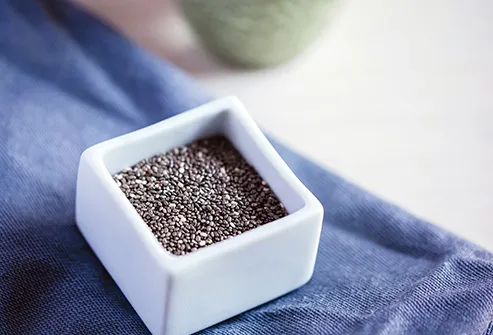
They have lots of antioxidants and fatty acids that are linked to healthy cholesterol levels and good heart health, but you may not be able to get them from these seeds as well as you can from other foods. Either way, they'll add more texture and a nutty flavor to your smoothie -- but don't use more than a tablespoon or so, or you'll end up with a glass of jelly instead.
Honey
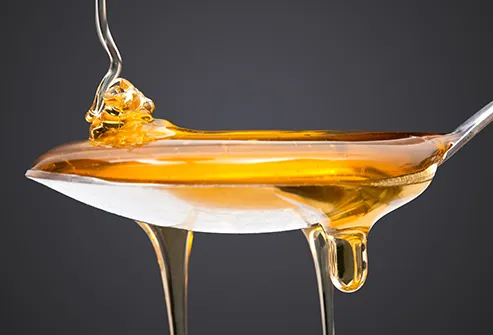
It makes everything a little sweeter. Just don't overdo it -- it's still mostly sugar. The exact ingredients depend on where the honey's made, but most have small amounts of amino acids, vitamins, minerals, and enzymes that are good for your digestion.
Agave Syrup
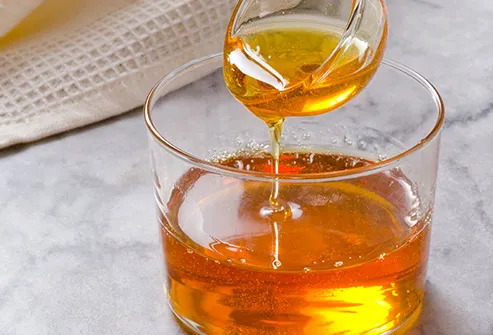
Be careful with this one -- it's really just a kind of sugar. It may sound natural, but it's highly processed, like high-fructose corn syrup. It's sweeter than regular sugar, so you may use less.
Mangos

Like squash, carrots, and grapefruit, these are high in carotenoids -- chemicals that help keep your cells healthy. They also add a beautiful orange color and delicious flavor to smoothies.
Almond Milk

This adds a tasty nutty flavor with a touch of sweetness. But it's not a good source of protein -- even though raw almonds have plenty -- and it can sometimes cause digestive problems.
Yogurt
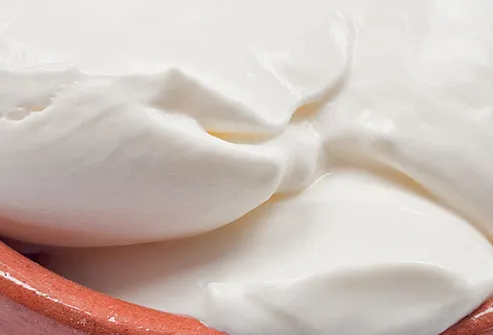
It can really put the smooth in your smoothie. It's loaded with calcium, protein, and probiotics that help keep a healthy balance of bacteria in your gut. And full-fat yogurt (not low-fat, strangely) has been shown to help keep you at a healthy weight.
Pineapples
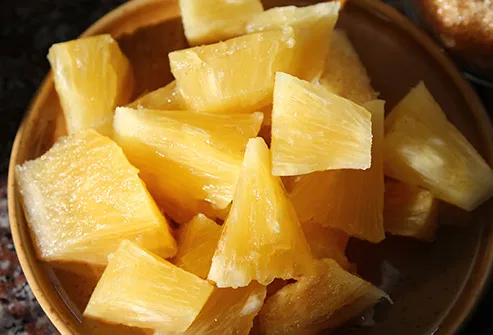
Sweet as they are, a cup only has about 82 calories. At the same time, they're loaded with fiber and vitamin C. They're good for your bones, your vision, and your digestion. They also help with inflammation.
Berries
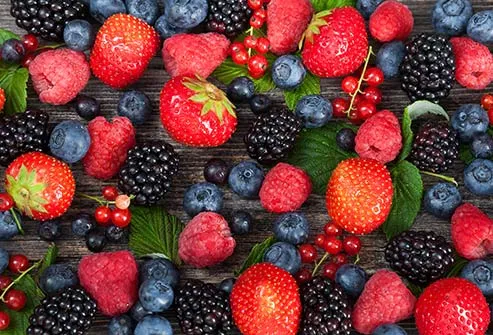
Low in calories and high in antioxidants and fiber, these are the super foods of the fruit world. And that's just part of the reason they're a smoothie standard. They can help with inflammation and lower your risk of heart disease -- and they may help protect you against certain cancers as well. Plus, they'll add bite, color, and a touch of sweetness.
Bananas
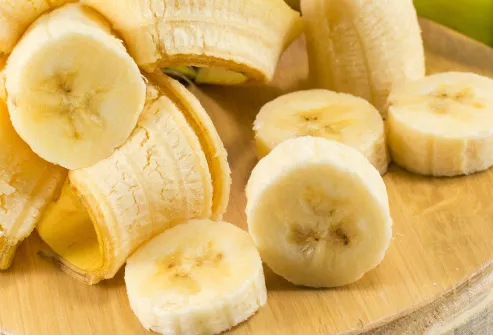
They're loaded with potassium, which helps prevent stroke and improves cardiovascular health. They add bulk to your smoothie, and also make that kale taste like … well, banana.
Food and Recipes: 15 Picks for Your Perfect Smoothie
This tool does not provide medical advice. See additional information: 
© 1996-2024 WebMD, LLC. All rights reserved.
Source slideshow on WebMD
